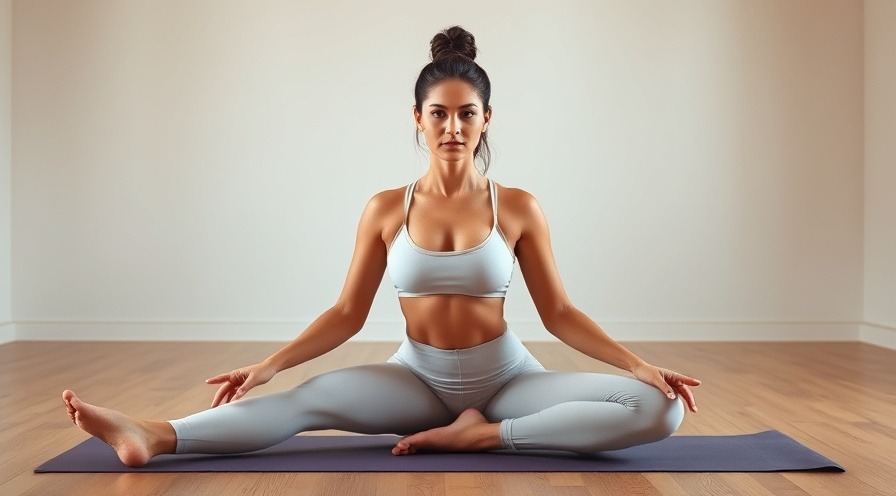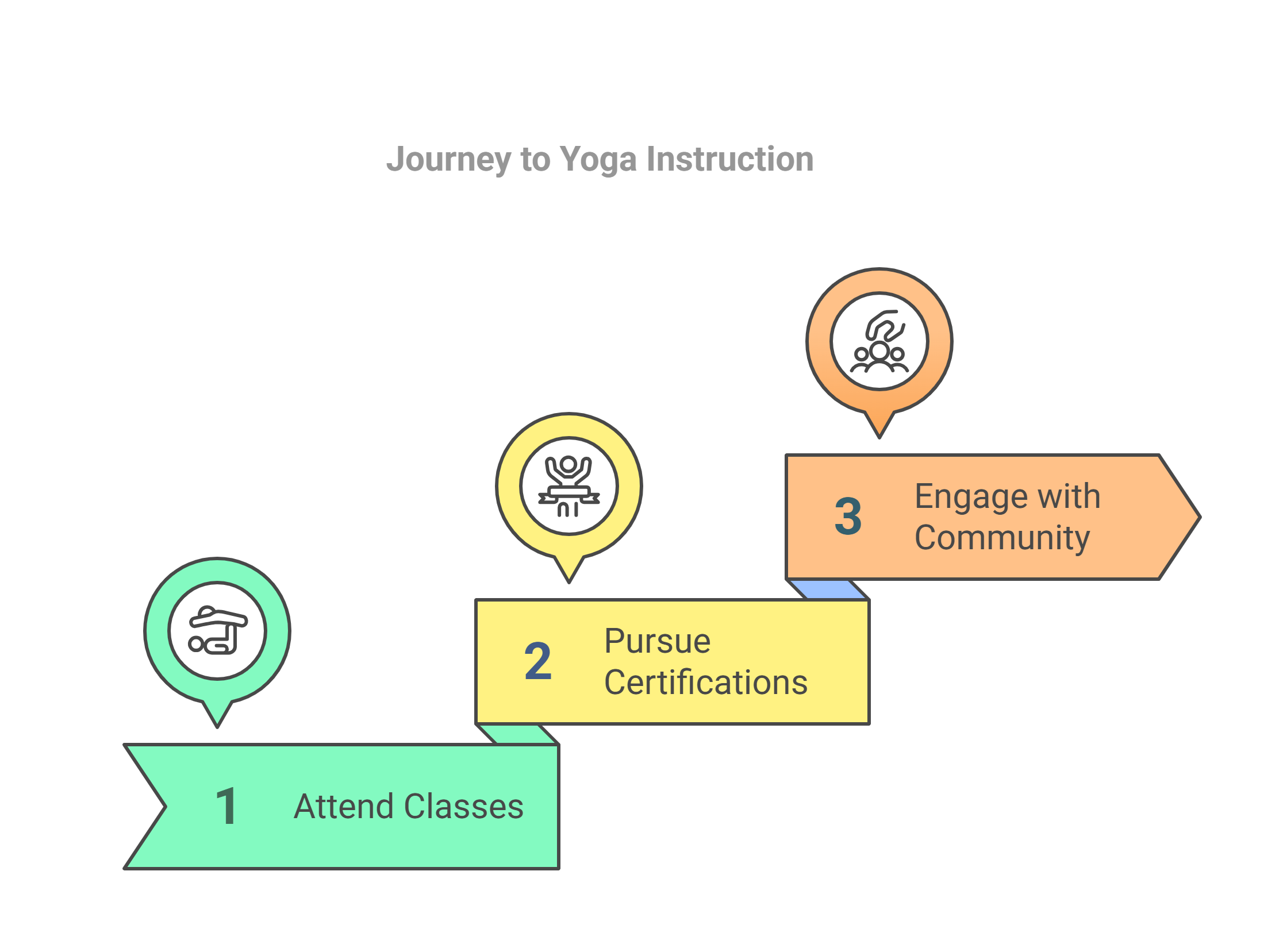
Unraveling the Flexibility Myth of Yoga Instruction
When contemplating a career as a yoga instructor, many potential candidates often grapple with the misconception that extreme flexibility is a prerequisite for success. This common belief can deter enthusiastic individuals who may not yet possess the flexibility often associated with seasoned yogis. The reality is that while flexibility is a beneficial trait, it is by no means a mandatory requirement to thrive as a yoga instructor.
Why Flexibility Shouldn’t Stop You
Yoga is fundamentally about personal growth and transformation, not perfection. The journey of becoming a yoga instructor is one of self-discovery that transcends the physical aspects of the practice. Many instructors come from a diverse array of backgrounds and physical abilities, emphasizing that yoga is inclusive. As reported by various yoga communities, what truly matters is the instructor's capacity to connect with students, convey teachings effectively, and cultivate a supportive environment, rather than displaying advanced flexibility.
Embracing Your Unique Journey
For health-conscious adults pursuing a wellness-focused lifestyle, understanding yoga’s inclusive nature can be liberating. Many successful instructors started their journeys with no prior experience in yoga or flexibility. As the renowned yoga teacher Judith Hanson Lasater asserts, "The most important thing is to show up. Everything else will follow." This sentiment encapsulates the essence of yoga: it’s about progress, not perfection.
The Rewards of a Yoga Career
Pursuing a certification as a yoga instructor opens avenues for personal growth and wellness advocacy. Not only does this path encourage self-care and mindfulness, but it also allows practitioners to inspire and foster wellness in their communities. In just six months, aspiring instructors can start their rewarding careers, helping others navigate their well-being journeys.
Actionable Insights for Future Instructors
If you’re contemplating entering the world of yoga instruction but feel hesitant due to your current flexibility levels, here are some engaging steps you can take:
Start Your Journey with Classes: Begin by attending regular yoga classes to develop your practice and procedure at your own pace.
Certifications Count: Pursuing yoga certifications like those offered by AFPA can strengthen your competence and boost your confidence.
Connect with Community: Engage in yoga workshops and community events to broaden your understanding and network with others who share similar goals.

Overcoming Personal Barriers
It's essential for those interested in teaching yoga to recognize their own barriers rooted in misconceptions about flexibility. Personal anecdotal evidence suggests that many instructors learned to embrace their limitations and have turned them into teaching strengths. This approach can resonate deeply with students who may feel intimidated by their own capabilities.
Community and Support Systems
Establishing a supportive network while pursuing your yoga instructor aspirations can greatly enhance your experience. Many yoga communities emphasize the importance of connection and collaboration. Finding a mentor who understands your journey can provide invaluable guidance as you navigate through your training.
Final Thoughts on Becoming a Yoga Instructor
The journey toward becoming a yoga instructor is as much about personal evolution as it is about teaching others. Such a career path promises to enhance not only your life but the lives of those you teach. As you embark on this journey, remember: flexibility of mind and spirit are just as crucial as physical flexibility.
Ready to turn your dreams into reality? Explore the yoga instructor certification options available at AFPA today! In as little as six months, you could begin shaping a career that promotes both your well-being and that of your community.
 Add Row
Add Row  Add
Add 




 Add Row
Add Row  Add
Add 

Write A Comment